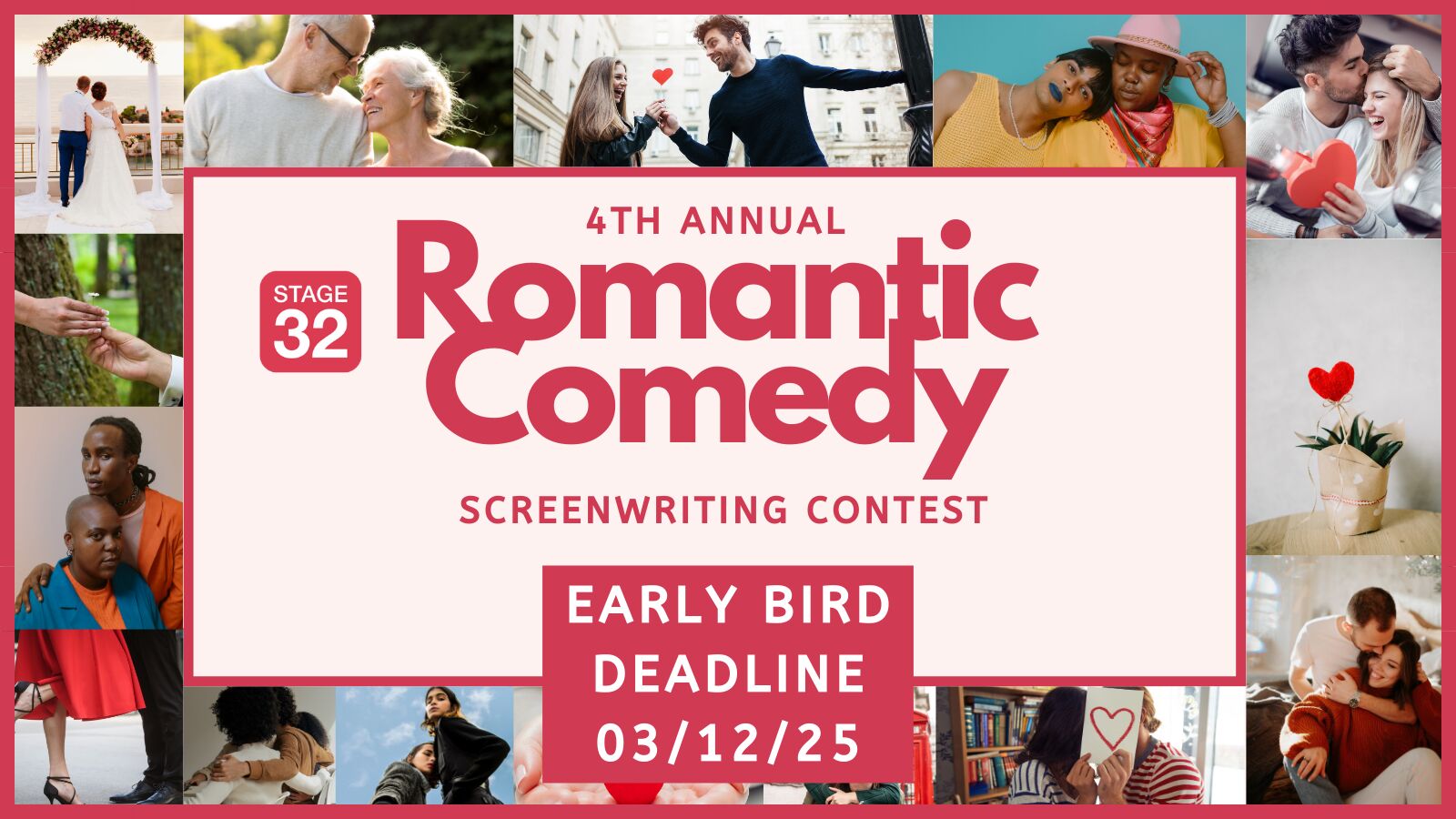Hello fellow composers. I am interested to know if you prefer to write directly to film or do you take the more Mark Isham type approach of absorbing the film and then writing away from film and then applying back what your written. Personally i've done both methods and I find that sometimes it is easier to write directly to film and others the Isham process has better results. I would say (for me) i've found that writing away form film lock gets be a better result and some of my best work is accomplished in that process simply by knowing the story well and using screen caps to write to. What about you?



Interesting to know. I hope you get some response.
I write demos to get inspired by the story and then when I get the film, I try to write to the film as much as possible. But personally I would much prefer to write away from the film so that you can get out of your own way and just create the score you feel is right for the project.
1 person likes this
I have done both. Sometimes I watch the film once (or read the script) - to get the 'lay of the land'. That helps inspire me for the 'thematic material' and the 'longer' cues. Though (so far), I do not have the style of constantly repeating material throughout the cues - perhaps limiting that to one or more places. So when it comes down to the actual cues given the scenes, I first look and listen to the temp tracks to get a feel for what the director/filmmaker wants, then I go away and create some music without the film and see where it wants to take me. Then I come back to merge and synchronize the musical cue into the scene.
Occasionally, I write a 'suite' - for me a suite is a self-contained structured musical entity that can be merged with a film. It can have 'mood swings' to match the action of the film. I have done it for a few films including the two documentaries I scored and both of those documentaries won their competitions.
Last year was the first time I scored 'in the blind'. I knew the film was about autistic young adults leaving their homes in Austin, Texas. I knew the film maker wanted 'wall to wall' music and exactly how long the music needed to be. I went ahead and wrote the complete score before I ever saw the film. I am not a big fan of scoring a documentary that way - especially music always behind dialog. But that is what the filmmaker wanted and he and the producer loved the score - so it is to a certain extent about happy customers :) and it was one of the two winning documentaries. And yes - I a very happy with and love that score myself.
I would say it's highly contingent on how much time I have. If I don't have time to write a suite or demo then I don't have time. But if there is time, that is definitely the route I like to go. I've found that watching the film is enough inspiration to get me going. But if I am looking at a specific clip and I have a click track going in with zero ideas, i've found that I'm not nearly as creative. Whereas if I step away from the film after being inspired, write and develop a few malleable musical ideas, I can work them into multiple parts of the film with much more ease and they come off sounding more creative (instead of just writing in a box).
Mostly directly with the film. Though I am always composing ideas with compound emotions in design. My first tack is to improvise on piano while watching the film. And doing this several times through, then editing in the better ideas, and out with the bunk. From there I begin arranging for orchestra. It has become a second nature to play the piano ‘not’ as a piano, but as an orchestra in mind. Often though, I will find a piece previously composed for nothing in particular that has measures that fit a scene perfectly, and shorten, lengthen, and re time those prewritten pieces to fit perfectly the rhythm and tempo and edits of a film.
I write the "theme" song based on the info I recieve from the director. Once I have the film then I write the score based on the theme.
It depends on your goal and emotions what you want to bring up in the audience's head.
Sometimes it's better to compose aside from the video to create a huge gap in meanings, subtexts and whatnot.